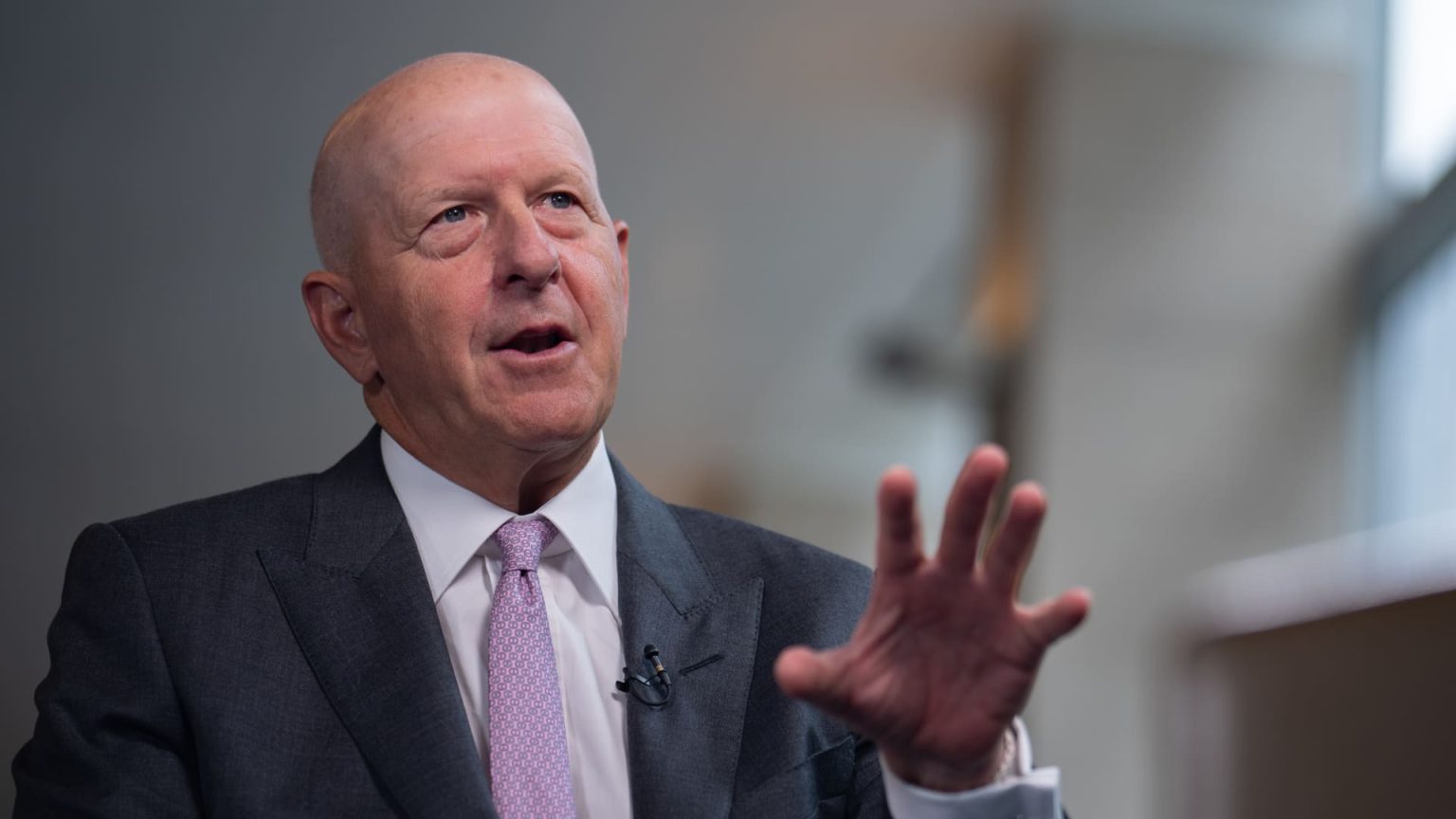Goldman Sachs is set to take a hit of approximately $400 million in pre-tax losses in the third quarter as the bank continues to unwind its consumer business. This decision, led by CEO David Solomon, comes as the bank seeks to move away from its consumer operations, which have faced turbulence and losses. The decision to sell off the GM Card business and another portfolio of loans will lead to a decrease in revenues for the bank as it reports its third-quarter results next month.
The move to pivot away from the consumer business began in late 2022, with Goldman experiencing write-downs as it sold off parts of its retail lending operations. While the credit card business, including the Apple Card, had initially shown rapid growth in retail lending, it also led to losses and regulatory friction for the bank. In response, Goldman is shifting its focus towards asset and wealth management as a driver of growth, moving away from consumer retail operations which have proven to be challenging.
Goldman had been in talks to sell the GM Card platform to Barclays, according to reports from The Wall Street Journal back in April. This sale is part of the bank’s efforts to streamline its operations and refocus its business strategy towards areas with higher potential for growth and profitability. By divesting itself of certain consumer business units, Goldman aims to improve its overall financial performance and strengthen its position in the market.
In addition to the losses related to unwinding its consumer business, Goldman is also facing challenges in its trading revenue. Solomon stated that trading revenue for the quarter is expected to decline by 10%, primarily due to tough year-over-year comparisons and difficult trading conditions in fixed-income markets during the month of August. These factors are contributing to a challenging operating environment for the bank, which is seeking to navigate market volatility and economic uncertainty.
Despite the setbacks in its consumer business and trading revenue, Goldman remains focused on driving growth through asset and wealth management. By shifting its focus towards these areas, the bank is positioning itself to better capitalize on opportunities in the market and generate long-term value for its shareholders. The decision to unwind its consumer business and refocus on core strengths reflects Goldman’s commitment to adapting to changing market conditions and maximizing its strategic advantages in an evolving financial landscape.
As Goldman Sachs prepares to report its third-quarter results, the impact of the losses related to its consumer business unwind and trading revenue decline will be closely watched by investors and analysts. The bank’s strategic decisions and operational performance in the face of market challenges will be key factors in determining its future growth trajectory and financial sustainability. By making strategic adjustments to its business model and focusing on areas of strength and potential growth, Goldman aims to position itself for long-term success in the competitive financial services industry.


